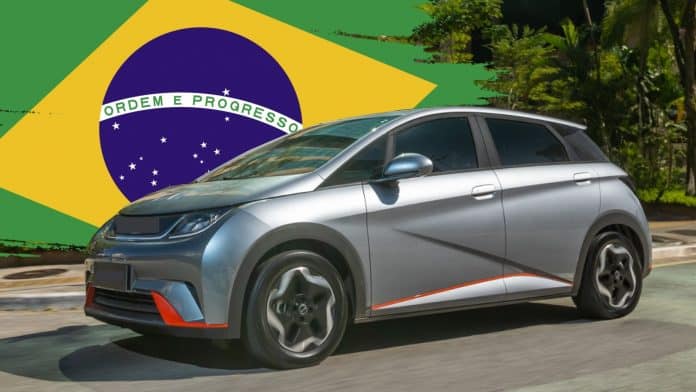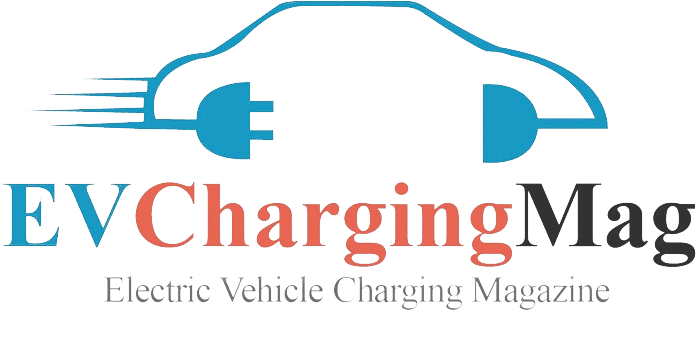Under President Luiz Inácio Lula da Silva’s leadership, Brazil is making a strategic pivot in its automotive industry. Post-COVID-19 challenges have led to a significant downturn, but the new government’s focus on electric vehicles (EVs) could be a game-changer. By introducing government subsidies and tax credits, Brazil is taking bold steps to boost its automotive sector.
A New Direction for Brazil’s Auto Market
After the exit of giants like Ford and Mercedes, Brazil’s once-thriving automotive sector faced a serious crisis. The Lula administration, however, is not standing by idly. Instead, it’s injecting new life into the industry by emphasizing electric vehicles, a move aimed at not only reviving car production but also reducing the environmental impact of transportation, which was responsible for a significant portion of Brazil’s CO2 emissions in 2021.
The Mover Plan: Accelerating Electric Adoption
Starting January 8, 2024, the Mover plan will come into effect, aiming to continue the objectives of the Rota 2030 program. This initiative seeks to make electric vehicles more affordable and accessible, encouraging manufacturers to produce eco-friendly cars at competitive prices. This approach includes a mandate for the use of recycled parts in car manufacturing, reinforcing Brazil’s commitment to sustainable practices.
Global Brands Betting on Brazil’s EV Market
International manufacturers are recognizing Brazil’s potential as a burgeoning electric vehicle market. Companies like BYD are investing in local production facilities, while Volkswagen is introducing its leading electric models to Brazilian consumers. This influx of global interest signifies a positive outlook for Brazil’s automotive future.
Towards a Greener Automotive Future
With the introduction of a green tax and substantial funding of €3.5 billion allocated to automakers, Brazil is firmly positioning itself as a leader in the shift towards electric mobility. This strategic focus not only promises to revive the national car production industry but also aligns with global trends towards sustainable and environmentally responsible transportation solutions.



